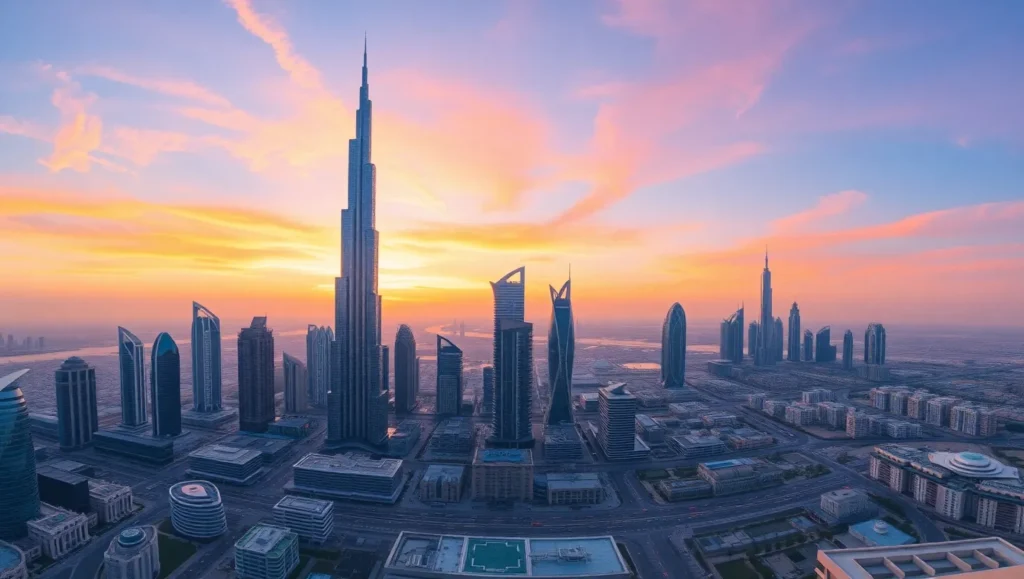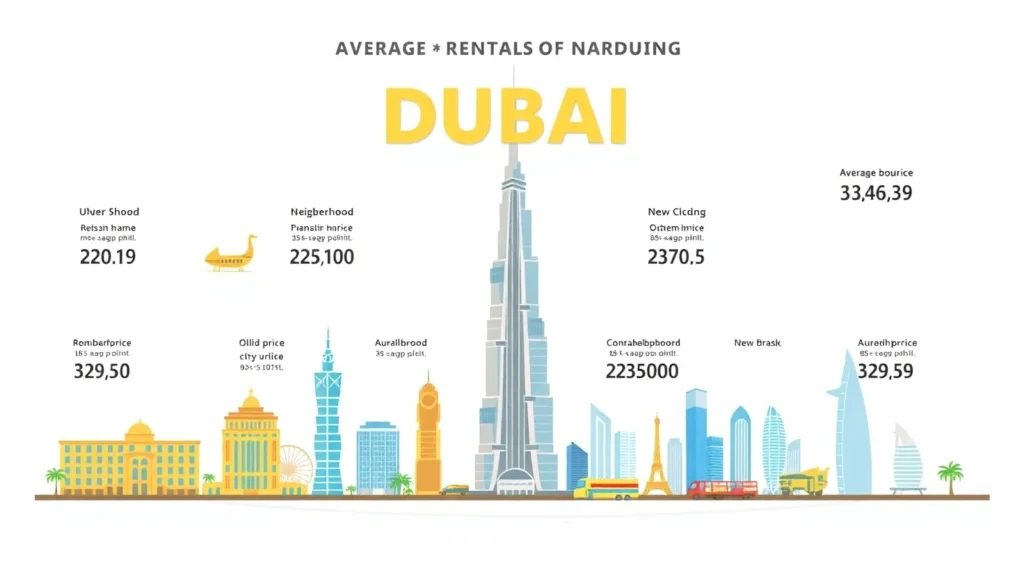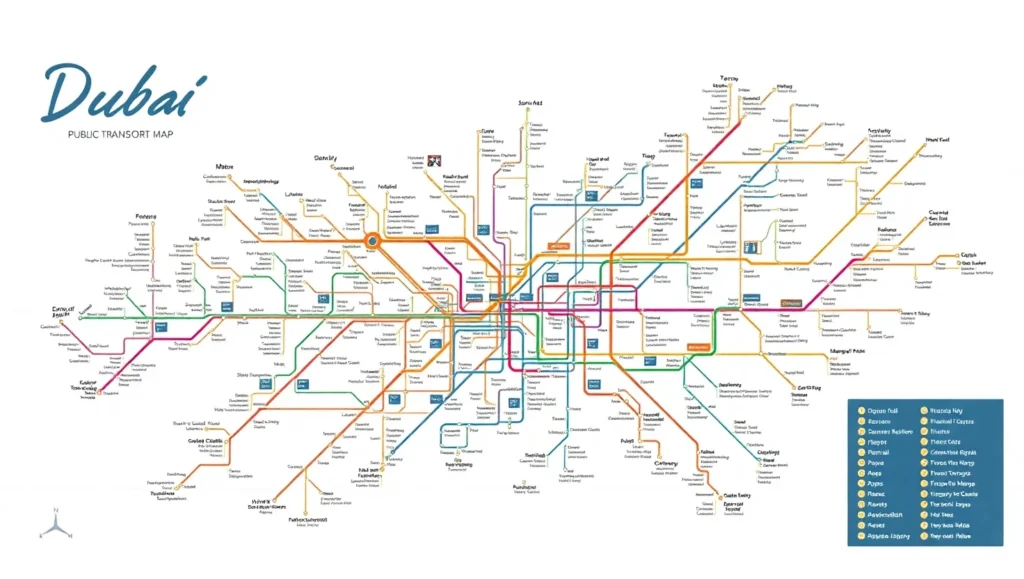
Dubai, a dazzling city in the United Arab Emirates, is renowned for its luxury lifestyle, modern architecture, and vibrant culture. For job seekers and expatriates, understanding the cost of living in Dubai is crucial for making informed decisions about relocation and career opportunities. This blog post will delve into various aspects of living costs in Dubai, providing valuable insights for those considering a move to this dynamic city.
Understanding the Cost of Living in Dubai
Overview of Living Expenses
The cost of living in Dubai can vary significantly based on lifestyle choices, housing preferences, and personal spending habits. Below are the primary categories that contribute to the overall living expenses:
- Housing: Rent is typically the largest expense for expatriates. Prices can vary dramatically depending on the location and type of accommodation.
- Utilities: This includes electricity, water, and internet services, which can add a considerable amount to monthly expenses.
- Transportation: While public transport is efficient and affordable, many expats opt for cars, which come with their own set of costs.
- Groceries and Dining: Food costs can vary based on dietary preferences and dining habits, with options ranging from local markets to high-end restaurants.
- Healthcare: Access to quality healthcare is essential, and health insurance is often a requirement for expatriates.
Housing Costs in Dubai

Renting vs. Buying
- Renting: The average rent for a one-bedroom apartment in the city center is approximately AED 8,000 to AED 12,000 per month, while outside the city center, it can range from AED 5,000 to AED 8,000. Popular areas for expats include Dubai Marina, Downtown Dubai, and Jumeirah.
- Buying: For those considering purchasing property, prices can range significantly based on the area. The average price per square foot in prime locations can exceed AED 1,500.
Utilities and Internet Costs
Utilities in Dubai can be relatively high, especially during the summer months when air conditioning is essential. Here’s a breakdown of average monthly costs:
- Electricity and Water: AED 600 to AED 1,000
- Internet: AED 300 to AED 500
Transportation Expenses

Dubai boasts an extensive public transport system, including the Metro, buses, and taxis. Here’s what you can expect in terms of transportation costs:
- Public Transport: A monthly pass for unlimited travel is around AED 300.
- Car Ownership: If you choose to drive, consider the costs of fuel, insurance, and parking. Fuel prices are relatively low, averaging AED 2.5 per liter.
Food and Dining Costs

Food expenses can vary widely based on individual preferences:
- Groceries: A monthly grocery budget for one person can range from AED 800 to AED 1,500, depending on dietary choices.
- Dining Out: A meal at an inexpensive restaurant costs around AED 50, while a three-course meal for two at a mid-range restaurant can be AED 300 or more.
Healthcare Costs
Healthcare in Dubai is of high quality, but it can also be expensive. Many employers provide health insurance, which is a significant advantage for expatriates. Without insurance, a visit to a general practitioner may cost AED 300 to AED 500.
Education Costs for Families
For expatriates with children, education costs are a significant consideration. International schools in Dubai can charge annual fees ranging from AED 30,000 to AED 100,000, depending on the institution and grade level.
Tips for Managing Living Costs in Dubai
- Budget Wisely: Create a detailed budget that includes all potential expenses.
- Choose the Right Location: Consider living further from the city center to save on rent.
- Use Public Transport: Take advantage of Dubai’s efficient public transport system to cut down on transportation costs.
- Shop Smart: Utilize local markets for groceries to save money.
- Explore Free Activities: Dubai offers numerous free attractions and events, providing entertainment without the cost.
Conclusion
Additionally, housing is often the largest expense, with rental prices varying significantly depending on the location and type of accommodation. Areas like Downtown Dubai and Dubai Marina are more upscale and come with higher costs, while neighborhoods such as Al Nahda or International City offer more affordable options. Utilities, including electricity, water, and air conditioning, can also add up, especially during the hotter months.Transportation in Dubai is relatively affordable, with options such as the Dubai Metro, buses, and taxis providing convenient ways to get around the city. Owning a car is another common choice, but it comes with expenses like fuel, insurance, and maintenance. Food costs can range widely depending on whether you dine at high-end restaurants or opt for local eateries and home cooking. Groceries are generally affordable, though imported goods can be pricier.Healthcare in Dubai is of a high standard, but it is important to have health insurance, as medical services can be expensive without coverage. Education is another consideration for families, with private schools offering a variety of curricula but often charging substantial fees. By understanding these factors and planning accordingly, individuals can ensure a smooth transition and make the most of their experience in Dubai.